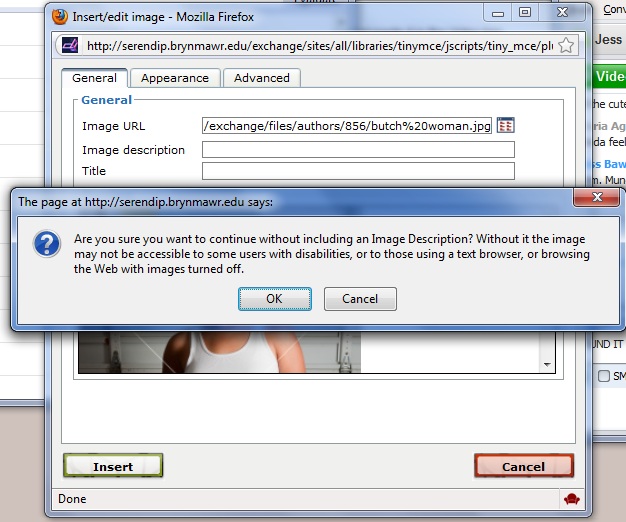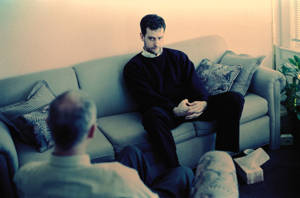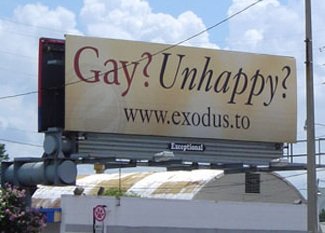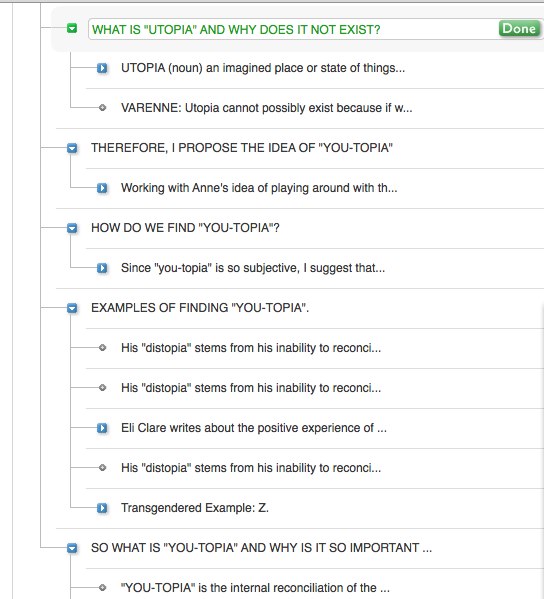Serendip is an independent site partnering with faculty at multiple colleges and universities around the world. Happy exploring!
Blogs
Trip to High School Expectations
I think, like many other students, I am not really sure what to expect when we go to visit the high school. Though in part, I think this is because I am still not very clear on what we will be doing at the high school, I also feel that my lack of expectations relates to a comment that someone made during the silent blackboard discussion – that she wants to go into the school with an open mind and take the experience as a learning experience. I completely agree with this idea, and I too, hope to go into the school with this mentality. I know that no matter what we will be doing with the students, it will prove to be a fun, learning experience for all of us.
As we enter the high school, however, I wonder about some of the comments that were made during our silent blackboard discussion, relating to the way in which socio-economic background might play a role in these students’ lives and schooling. I also wonder if there will truly be that sense of students feeling burned out due to the pressures of trying to succeed in school and as a bi-product of teachers feeling burned out as well. It will be interesting to me, to see if these particulars of our blackboard discussion are present in the school.

Reasons to Love Serendip
While working on formatting and posting my webpaper and messing around with how to insert images, this popped up: 
I typed the following in as the image description for this image, which I do not think shows up without using a different method of viewing:
A pop up window with the following message: Are you sure you want to continue without including an Image Description? Without it the image may not be accessible to some users with disabilities, or to those using a text browser, or browsing the Web with images turned off.

High School Expectations
Like many of the people who have previously posted, I'm not sure what to expect. I went a urban/suburban public high school so I'd like to see what it's like for students who go to a special admit public high school. I'd like to know more about how the selection process works. The pictures of the students that were shown during the presentation made them look like a fun bunch! I wonder if I'll be able to relate to them when we compare our high school experiences. I expect that they'll be open to talk about their experiences at their school and their interactions with their teachers and fellow students. I wonder if they'd be able to point out flaws about their school (if there are any) and if they have done anything to address any issues that they see. My high school was nice and all but I had no problems pointing out what could be changed. I also expect them to talk about college plans and possibly ranting about SATs and the Common App (it'll make me cringe) but it'll still be nice to reminisce about such a stressful time and know that I don't have to worry about it anymore...

Upcoming Trip
I can't wait to visit the high school later this month. I definitely think I've had a rather sheltered high school experience and I'm curious to see how the students' experience here compares. Though like the students we'll be visiting, admission to my (public) high school was through application, I believe the process is a little bit different, which I'm sure affects the way the students interact with one another and the backgrounds from which they come.
During our silent discussion on Thursday, one of the topics that interested me was burn out (of the teachers and students). I'd be interested in speaking to students about their experiences of this, particularly because I saw it happen often among students – and sometimes also teachers – at my own school.
I was also curious about the senior writing project that Sarah spoke about in class. Though we won't be working with seniors, I'd love to know how much of the school is built around this expectation and how much a part of school culture it is. At my high school, students taking senior english APs were expected to end the year with a writing portfolio called the "Senior Portrait" and I know for many of my friends and myself, the expectation of the project was nearly as consuming as the project itself.
I'm looking forward to learning about different high school experiences from the students, and can't wait to meet them.

Full Episodes...
Full episodes of "What Females Want" and "What Males Will Do"
(the Nature videos Kaye has asked us to watch for our discussion on Tuesday night)
are available on-line @
http://www.pbs.org/wnet/nature/episodes/what-females-want/video-full-episode/5371/
http://www.pbs.org/wnet/nature/episodes/what-males-will-do/video-full-episode/5374/
Upcoming visit to the high school
I'm really excited to visit the high school in a couple of weeks. We've talked so much about education in class and about different teaching methods such as banking and problem posing. I hope we get to sit in on classrooms and see what kind of methods they use in their classrooms and how students respond to them. It'll be interesting comparing the different teaching methods from a liberal arts college to a public urban high school.
To be completely honest, I'm not sure exactly what we'll be doing during our visit to the school. Will we just be hanging out and talking with students? Or interacting with them in classes? Either way, I hope that I'll be able to form some kind of connection with students at the high school. It would be really awesome to eventually be able to make a lasting connection, even though I know that won't be feasible in one visit! I would have looked to have a college student connection when I was in high school. Since I went to a public school I'll be able to relate to their educational experience, but not in the same way. Since my public school was in a rural setting, it'll be much different from theirs in an urban, and also because of expected differences in socioeconomic class.









